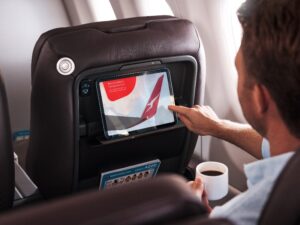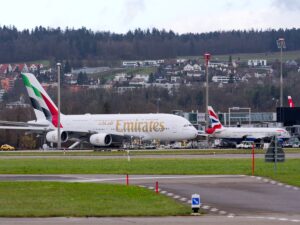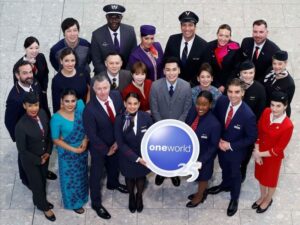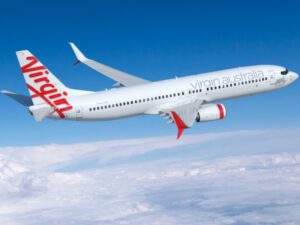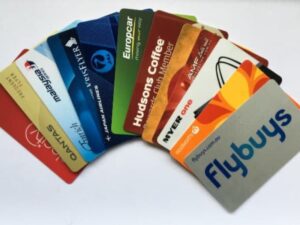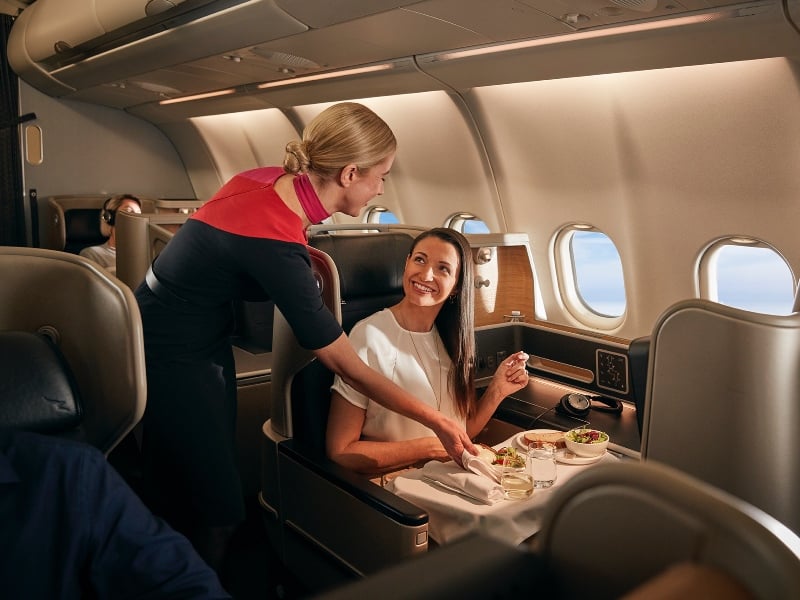
With most hotel loyalty programs, reward nights booked using points will count towards a member’s elite status.
The same is not true for most airlines, which typically do not award any frequent flyer points or status credits for reward flights booked using points. But recently, some airlines have started to change this. And according to one loyalty program expert, it makes perfect sense.
Qantas Points Club
Notwithstanding the short period of Qantas Marginal Any Seat Awards in the 2010s, Qantas was one of the first airlines to formally offer a way to earn status credits on reward bookings when it launched Points Club in March 2020.
By earning at least 150,000 Qantas points per year (with most of those points earned from non-flying activities), any Qantas Frequent Flyer member can become a Points Club member. The benefits of Qantas Points Club include the ability to earn status credits, which count towards a member’s elite status tier, on Qantas Classic Flight Rewards.
There are certain restrictions here. For example, status credits are only earned on Qantas-marketed reward flights and the earning rate is lower than it is for paid airfares. And Qantas Points Club members still do not earn any points for Classic Flight Reward bookings – only status credits.
Virgin Atlantic, Delta & Turkish Airlines follow
Since 1 September 2020, Virgin Atlantic also now offers tier points (their equivalent of status credits) to its Flying Club members on reward bookings. Virgin Atlantic Flying Club members earn 25 tier points for any one-way Economy award ticket, 50 tier points in Premium Economy or 100 tier points in “Upper Class” – but only on Virgin Atlantic flights.
When announcing this change last year, the airline said, “we believe you should be rewarded every single time you choose to fly with Virgin Atlantic.”

In April 2021, Delta Air Lines similarly announced that Delta SkyMiles members could earn Medallion Qualifying Miles (Delta’s version of status credits) on award flights. This was initially a promotion running until the end of 2021, but has now been extended until the end of 2022. Again, this only applies when redeeming miles for Delta flights.
As a limited-time offer, Turkish Airlines has also just announced that its Miles&Smiles members can earn status miles on all Turkish Airlines flights booked using miles from 16 August to 15 September 2021, for travel until the end of 2021. Members will earn 5% of the award miles spent as status miles, up to a maximum of 5,000 status miles.
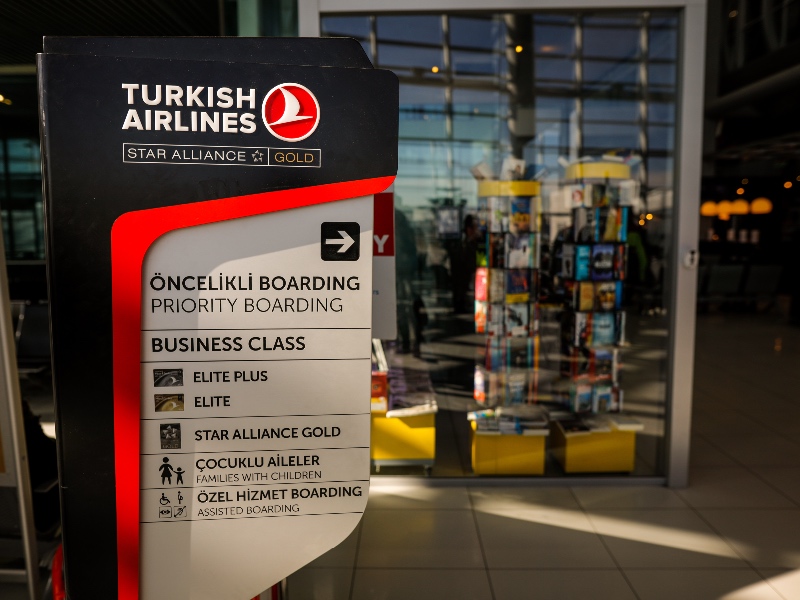
Why more airlines should offer status credits on reward flights
Status credits are designed to reward actual flying (or in the case of hotels, nights stayed). This is different to points or miles, the “currency” of a loyalty program which rewards money spent on flights, co-branded credit cards or products from the loyalty program’s partners – all activities that directly generate revenue for an airline.
With the exception of Points+Pay bookings, which effectively just use points to purchase a revenue airfare, airlines do not give frequent flyer points for reward flights booked using points. But loyalty program expert David Feldman from New World Loyalty believes all airlines should offer status credits on reward bookings.
“The reason that airlines don’t want to offer status credits on reward flights is because they think that they don’t want to reward a “free” flight. They want members to still “purchase” the required number of flights per year, with any redemptions being additional,” Feldman said.
Airlines also want to avoid scenarios where a small number of members could earn large amounts of points on the ground, then earn top-tier status without ever actually paying for a flight.
“But this concern shouldn’t be an issue as it is easily resolved with various strategies such as requiring a minimum percentage of status credits be earned from revenue flights,” Feldman said.
All of the airlines currently offering their equivalent of status credits on award bookings are only doing so when members fly with that airline. No status credits are awarded for reward flights booked on partner airlines. This gives loyalty program members an added incentive not to redeem points for rewards on partner airlines, which are typically more expensive for a loyalty program to provide than reward flights on their own airline.
There’s also another very good reason for airlines to do this.
“All the data and evidence that we have on successful loyalty programs shows that the act of redemption – redeeming that free flight or free hotel night – breeds further and deeper loyalty. The data shows that post-redemption – members tend to increase their points earning behaviour. They think “this is fun, let’s do it again”,” Feldman said.
By not awarding status credits on reward bookings, according to Feldman, airlines are giving their frequent flyers a disincentive to redeem their points.
“The data tells us this is the opposite of what we want to do if we want to generate long term profitable customer value.”
Besides, airline loyalty programs generally do make money when members redeem their points for a reward seat. That’s because the marginal cost of providing the reward is designed to be lower than the revenue received from the member earning the required points. Many airlines also add on their own “carrier charges” to the cost of a reward ticket, which frequent flyers pay directly to the airline. In some cases, these can be hundreds of dollars per flight.
With most airlines giving out easy status extensions in 2020 and 2021 anyway, they have little to lose from these kinds of offers. So it will be interesting to see if more airlines offer status credits on reward bookings in the future.
Read more: Beginner’s Guide to Qantas Points Club


